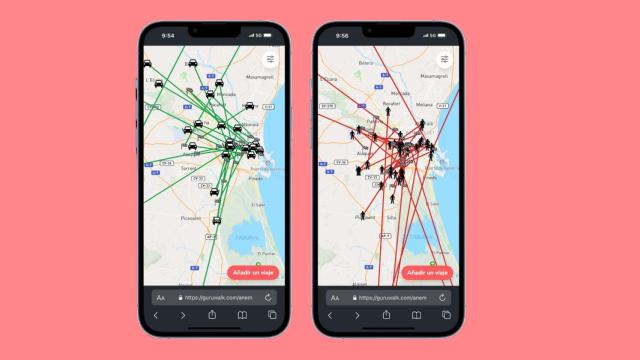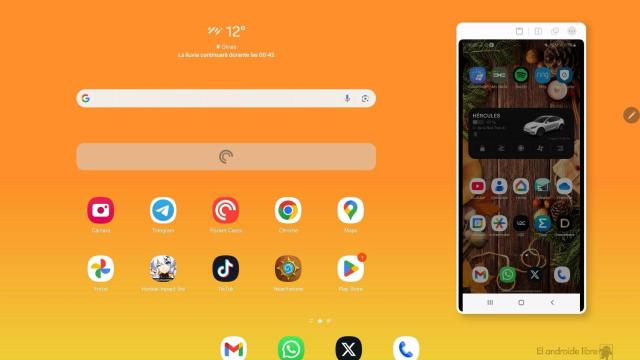
Google Wallet ya es una realidad: Han llegado los pagos desde el móvil por NFC
Google cambia su política de pagos in-app: obligados a pasar por Wallet
Ya os comentamos el otro día que Google está haciendo cambios en Wallet, su sistema de pago vía NFC e interno (lo que era antes Google Checkout), pues bien, el primero de esos cambios en cuanto a polémicos no se ha hecho esperar: A partir de ahora todas las aplicaciones que tengan la capacidad de realizar pagos in-app (la mayoría de las freemium) habrán de pasar obligatoriamente por Google Wallet.
Chris Yerga, el director de ingenieros de Google Play ha dicho que será obligatorio para todos los desarrolladores y todas las apps en los próximos 30 días, pero que se hará una excepción con aquellas en las que lo que compras son bienes físicos como entradas de cine. De igual manera, tampoco será así con las que tienen suscripción (como Spotify, por ejemplo), o eso se entiende de las palabras de Yerga.
Los desarrolladores tienen 30 días para cambiar esto o de lo contrario, su app será retirada de Google Play, ya que no cumpliría con lo estipulado en las normas de Google Play por tanto. Así que se acabó PayPal, PayBox y otros…
Pero no perdamos la cabeza ni entremos en pánico. Google Wallet no está en España como soporte de compra vía NFC, pero sí como antiguo Checkout. Que es a lo que se refieren aquí los amigos de la gran G, así que de verdad, todavía no nos tiremos los trastos a la cabeza, que lo único que hacen es eliminar opciones de terceras partes para poder unificar todo y ganar en seguridad, aunque sea algo que no guste al cliente. Para muestra, un botón (vamos que acabo de hacer esta captura):

Os dejamos el texto íntegro que se ha mandado a los desarrolladores, notificándoles este cambio, diciendo que se hace en pos de la seguridad (seguramente en respuesta al reciente hackeo de la AppStore de iOS):
Hello Google Play Developer,
We are constantly striving to make Google Play a great community for developers and consumers. This requires us to update our policies when we launch new features, like subscription billing, and also when we see unhealthy behavior, like deceptive app names and spammy notifications. This email is to notify you that we’ve made some changes to our policies which are highlighted below.
- We’ve added clearer details to the payment policy, and guidelines on how we will handle cancellations in our new subscription billing feature
- We are restricting the use of names or icons confusingly similar to existing system apps in order to reduce user confusion
- We are providing more detail on the kinds of dangerous products that are not allowed on Google Play. For example, apps that disclose personal information without authorization are not allowed.
- We are giving more examples of practices that violate the spam policy.
Additionally, we are adding a new section that addresses ad behavior in apps. First, we make it clear that ads in your app must follow the same rules as the app itself. Also, it is important to us that ads don’t negatively affect the experience by deceiving consumers or using disruptive behavior such as obstructing access to apps and interfering with other ads.
Please take a look at the Google Play Developer Program Policy to see all the changes and make sure your app complies with our updated policies.
Any new apps or app updates published after this notification will be immediately subject to the latest version of the Program Policy. If you find any existing apps in your catalog that don’t comply, we ask you to fix and republish the application within 30 calendar days of receiving this email. After this period, existing applications discovered to be in violation may be subject to warning or removal from Google Play.
Regards,
Google Play Team
¿Qué os parece? ¿Bien? ¿Mal? Sobre todo, recordad, no es para tanto, no nos quedamos sin soporte en España.
Via | Inside Mobile Apps





